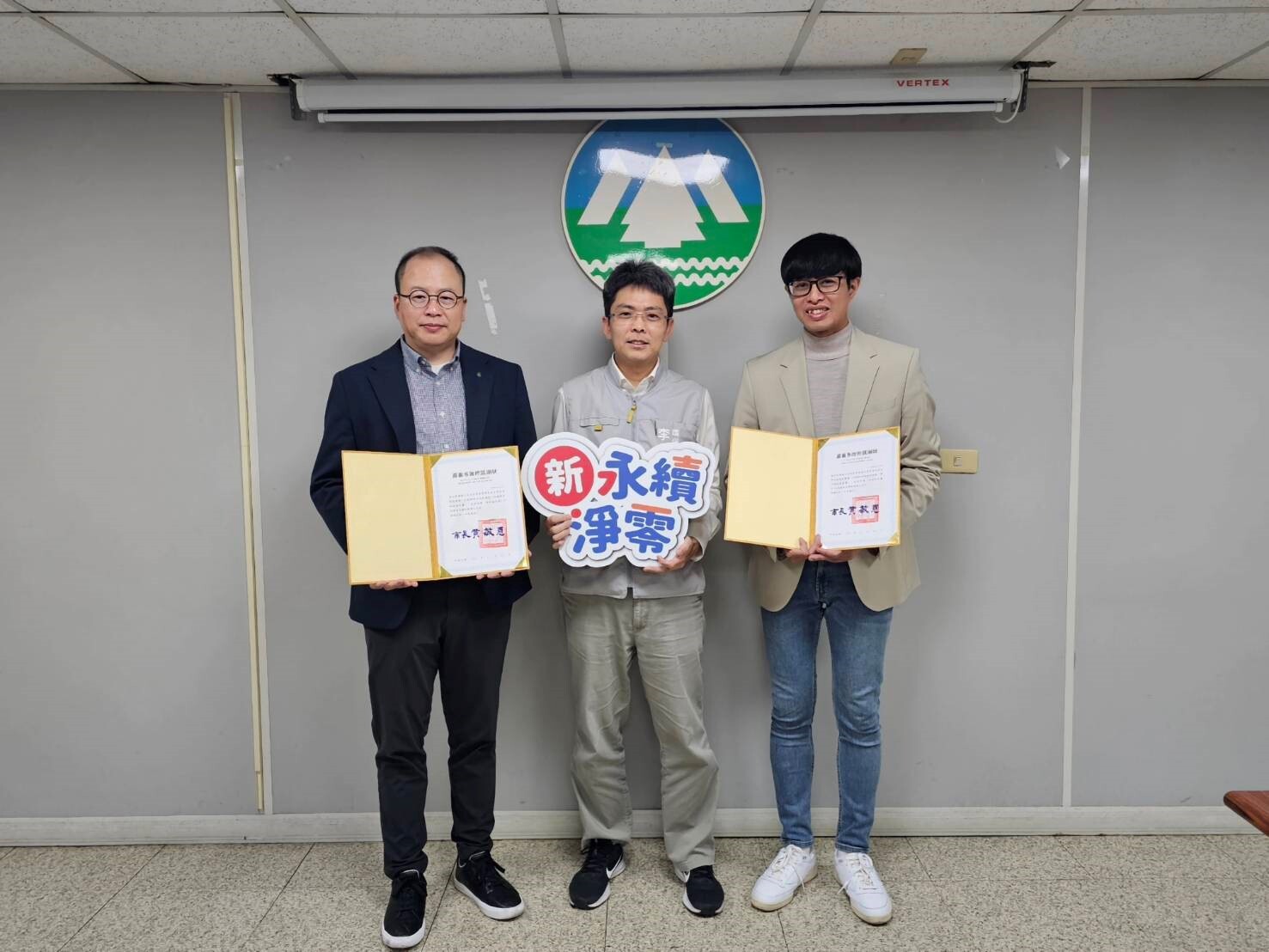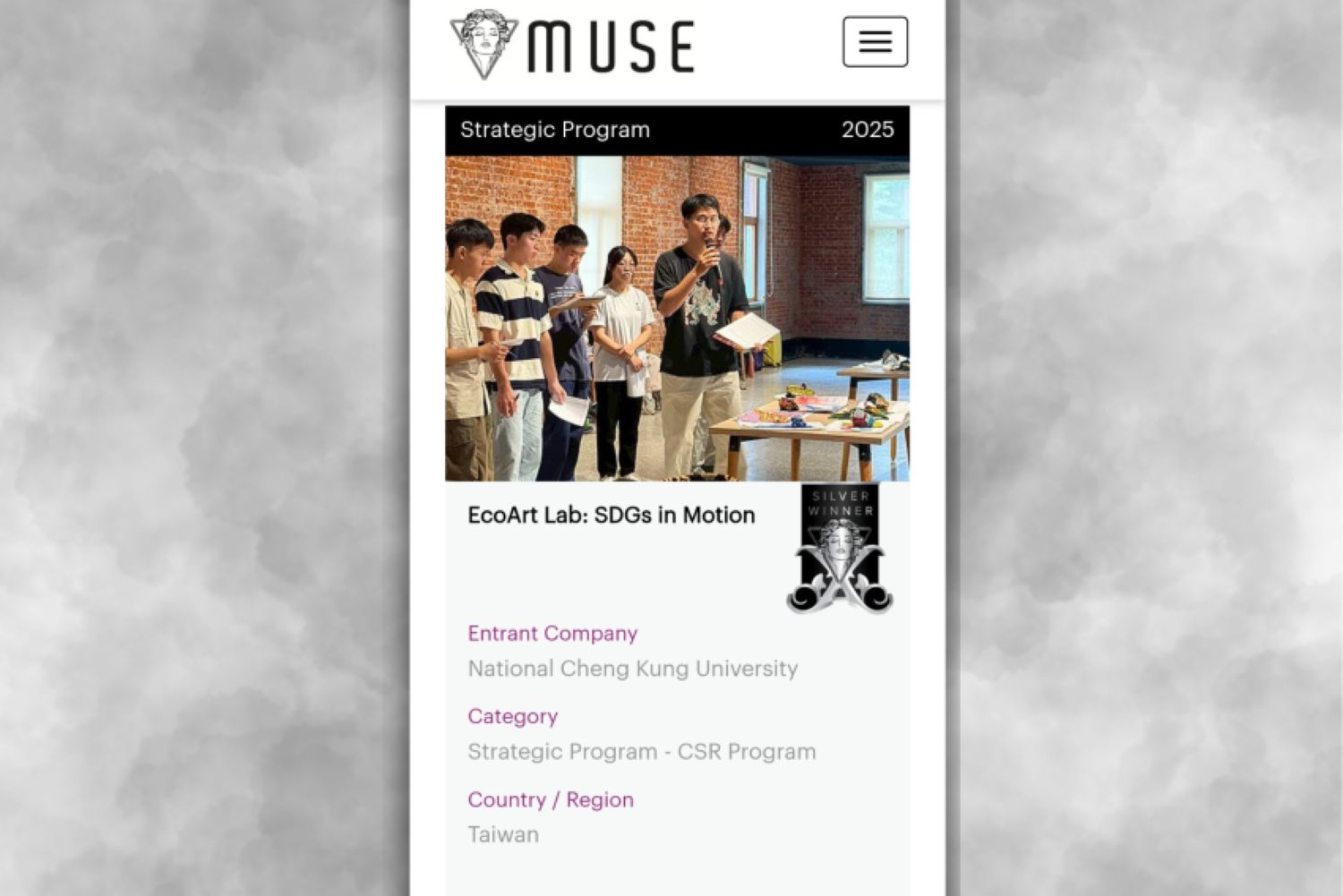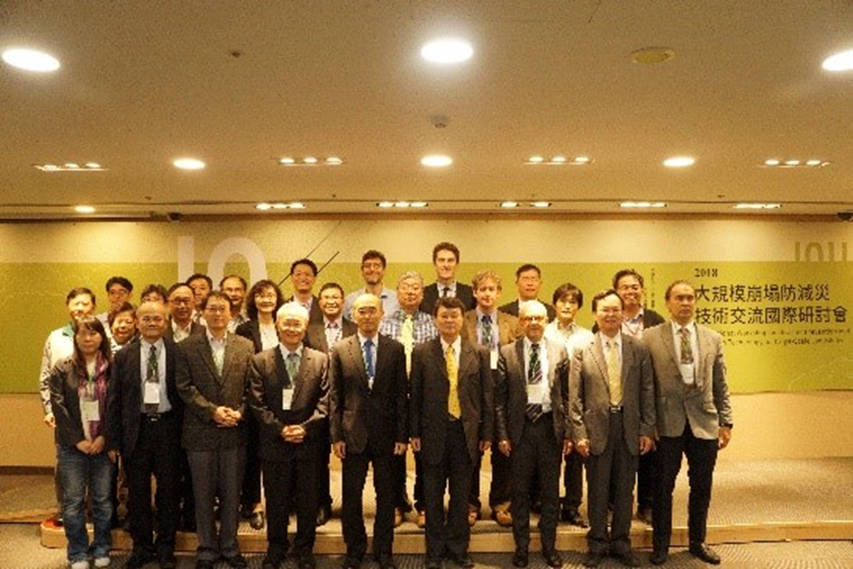Climate Change has increased severe rainfalls and the probability of the large-scale landslides in catchment areas. Thus, rolling adjustments are needed to update the current disaster prevention strategies. In particular, compound earth and sand disasters, which may be caused by large-scale collapses, will pose serious danger to the safety of life and damage property. Therefore, the Soil and Water Conservation Bureau has proposed a large-scale Climate Change collapse prevention and mitigation plan, with the main objectives of; strengthening the large-scale collapse crisis response capabilities, building smart disaster prevention systems in large-scale earth and sand disaster areas, assessing effectiveness of harnessing earth and sand disasters in large-scale earth and sand disaster areas, resource conservation surveys in large-scale earth and sand disaster areas, water and soil conservation management in large-scale earth and sand disaster areas, and disaster prevention information promotion and exchange in large-scale earth and sand disaster areas. Over the years, the NCKU Disaster Prevention Research Center has assisted in; the development of large-scale collapse demarcation methods, the mapping of large-scale collapse zones and the check on Disaster Prevention/Relief resources , assessment of vulnerabilities and risk management, the establishment of large-scale collapse monitoring systems, developing methods for estimating rainfall in a large-scale collapse, and establishing a response management value for issuing a large-scale early warning. The NCKU Disaster Prevention Research Center uses annual international seminars and expert advisory committees to invite experts on large-scale collapse prevention and control technologies from home and abroad to collaborate, and is committed to improving the technical ability for reducing large-scale collapses and disasters in Taiwan. In addition, the NCKU Disaster Prevention Research Center develops contingency management policies and standard procedures for response to landslide-dammed lakes, carries out education and training to strengthen resilience, collects and organizes landslide-dammed lake disaster contingency cases, and provides professional consultation and cooperation in the event of disasters.

SDG13NCKU Professor Wu and Hsu received recognition with the 2024 National Sustainable Development Award
View more
SDG13NCKU’s Modular Curriculum Steps Onto the International Stage, Wins Silver at the MUSE Creative Awards
View more




















